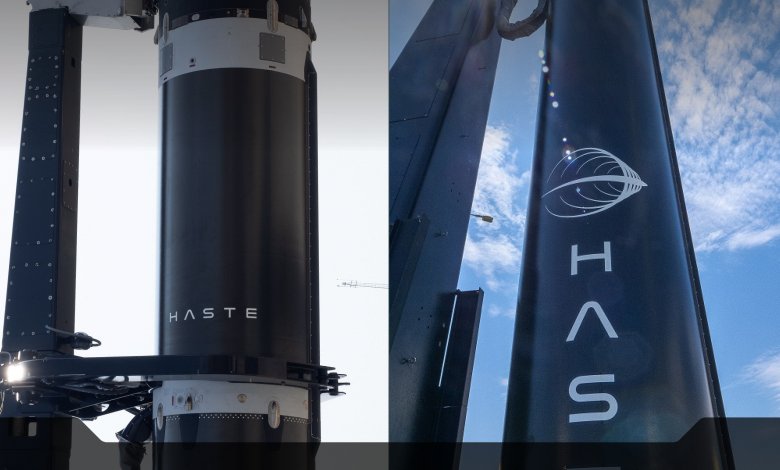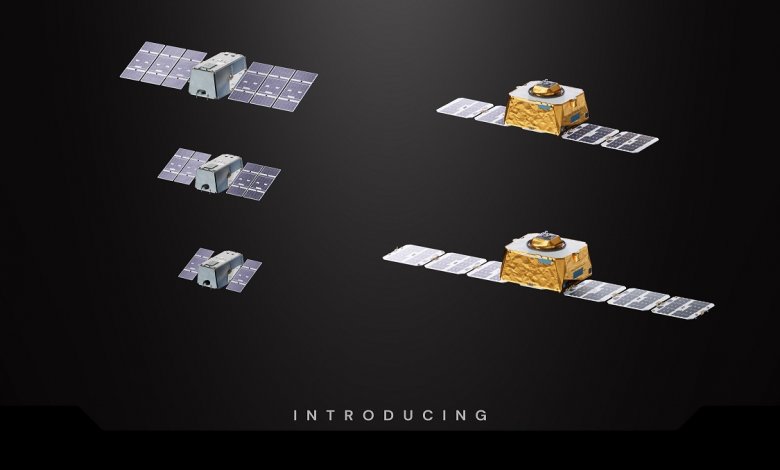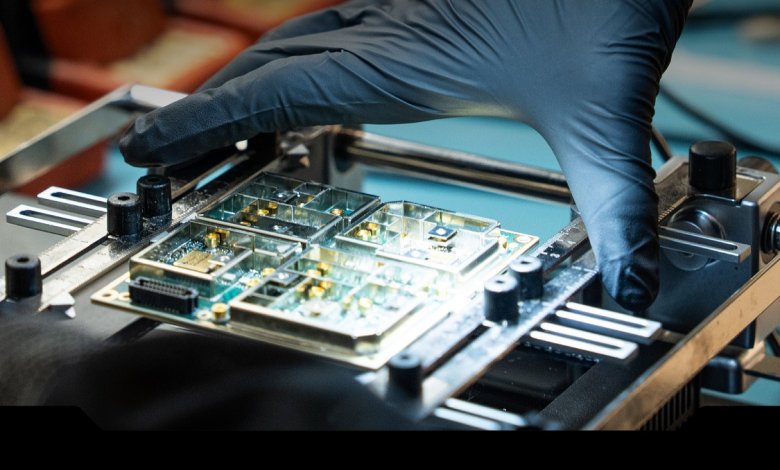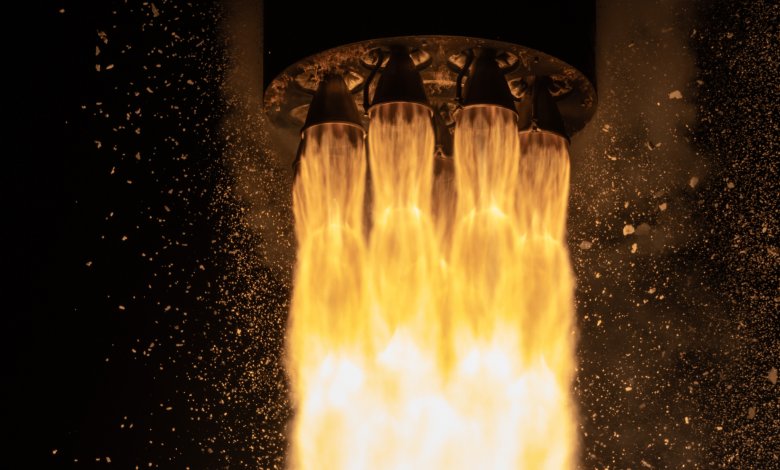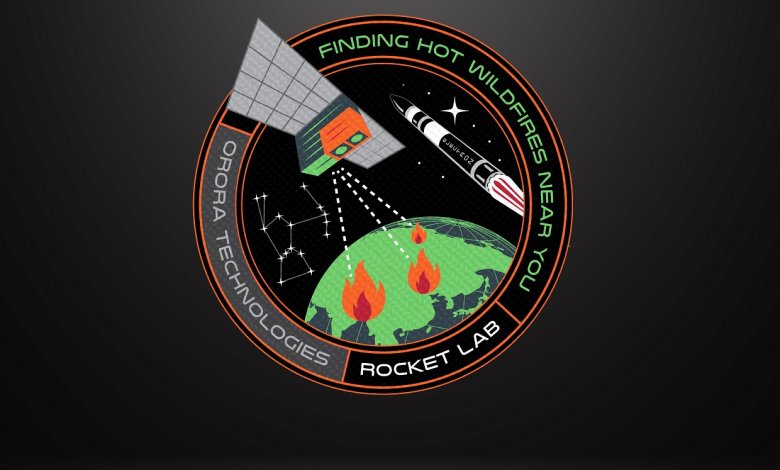Rocket Lab’s Neutron Rocket On-Ramped to U.S. Space Force’s $5.6b National Security Space Launch (NSSL) program
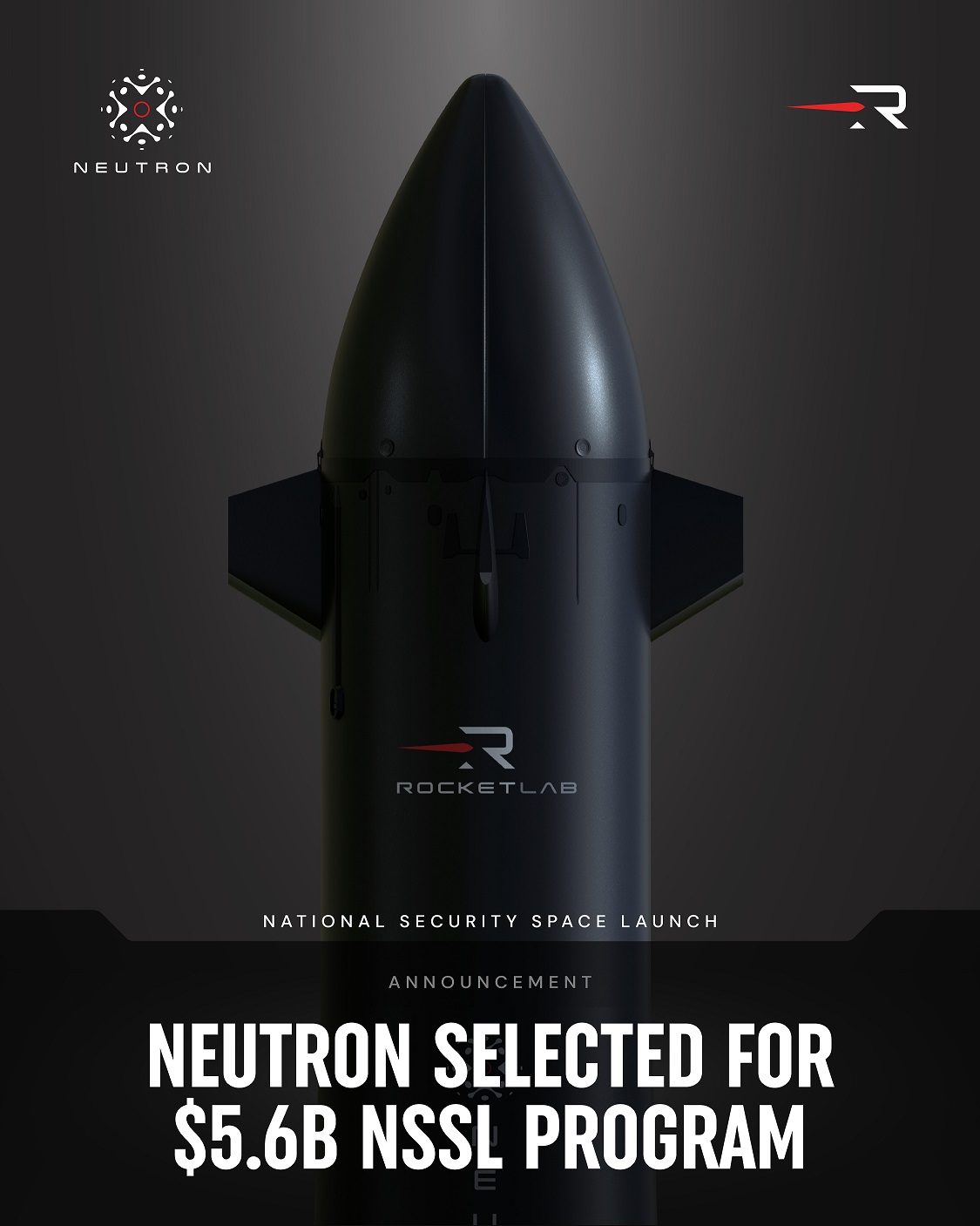
Long Beach, Calif. March 27, 2025: Rocket Lab USA, Inc. (Nasdaq: RKLB) (“Rocket Lab” or “the Company”), a global leader in launch services and space systems, has today been selected by the U.S. Space Force to compete for the Department of Defense’s highest-priority national security missions for its National Security Space Launch (NSSL) Phase 3 Lane 1 program. The firm-fixed price, indefinite delivery/indefinite-quantity (IDIQ) contract has a five-year ordering period that will run through to June 2029 with a maximum value of $5.6 billion.
Rocket Lab’s launch vehicle for the program will be Neutron, its 13-ton reusable carbon composite medium-lift launch vehicle being rapidly developed to meet the demand for high assurance national security missions, and for single and multi-satellite constellation deployment. Designed to deploy payloads up to 13,000 kg, Neutron is being brought to the market at an unprecedented development pace on the foundation of Rocket Lab’s industry leadership as one of the world’s most frequent and reliable launch providers, with 63 Electron launches to date and one of only two U.S. launch providers to have launched multiple payloads to orbit so far in 2025. With Neutron’s first launch scheduled for the second half of the year, Rocket Lab met the program’s eligibility requirements to be selected to compete for the NSSL program, and upon a successful flight on Neutron, will be eligible to further compete for individual task orders awarded within the NSSL program. Neutron’s debut launch from Launch Complex 3 in Wallops Island, Virginia, will be the first launch vehicle to support the NSSL program from the region.
As one of only five launch providers selected for the Department of Defense’s program, eligibility for NSSL Lane 1 includes stringent requirements that aim to develop a diversified, competitive and reliable domestic launch base to provide launch services for its highest-priority national security missions. The program plans to award a minimum of 30 missions within its contracting period through to 2029, with the potential for an extension through to 2034. As part of the on-ramp to the NSSL program, Rocket Lab receives a $5 million task order to perform a capabilities assessment that demonstrates the Company’s tailored approach to mission assurance for launches awarded through the NSSL program.
Rocket Lab Founder and CEO, Sir Peter Beck, says: “Supporting assured access to space for the nation’s most important missions has always been the goal with our Neutron rocket, and we’re incredibly proud to selected by the U.S. Space Force to demonstrate this commitment for the NSSL. Neutron is a powerful new launch option that will set a new standard for performance, affordability, and reliability in medium launch, and its selection to the program demonstrates a high degree of confidence by the Department of Defense in Neutron’s capabilities ahead of its first launch later this year. We can’t wait to showcase Neutron as the important platform it will become for the Department of Defense.”
About Neutron
Rocket Lab’s new reusable medium-lift rocket Neutron is a next-generation challenger to deliver a cost-effective, reliable, and responsive launch service for commercial and government missions. The advanced design of Neutron includes carbon composite for all of the rocket’s major structures and an innovative upper stage that enables high-performance for complex satellite deployments, including the deployment of satellite mega-constellations. The Neutron launch vehicle is a reusable launch vehicle leveraging the technology and infrastructure pioneered by the Electron launch vehicle, which has launched 63 times to date and provides the US government and commercial customers frequent, affordable access to space. Neutron utilizes a unique design that brings the Stage 1 and payload fairings back to Earth as a single, integrated stage. This maximizes cadence in a 13-ton to orbit reusable performance capability. Neutron is powered by nine Archimedes engines on Stage 1, and one vacuum-optimized Archimedes engine on Stage 2. Neutron operates from Rocket Lab Launch Complex 3 (LC-3) located at Wallops Island, Virginia from the Mid-Atlantic Regional Spaceport (MARS).
Images: Neutron | Flickr
ENDS
Rocket Lab Media Contact
Murielle Baker
media@rocketlabusa.com
About Rocket Lab
Founded in 2006, Rocket Lab is an end-to-end space company with an established track record of mission success. We deliver reliable launch services, satellite manufacture, spacecraft components, and on-orbit management solutions that make it faster, easier, and more affordable to access space. Headquartered in Long Beach, California, Rocket Lab designs and manufactures the Electron small orbital launch vehicle, a family of spacecraft platforms, and the Company is developing the large Neutron launch vehicle for constellation deployment. Since its first orbital launch in January 2018, Rocket Lab’s Electron launch vehicle has become the second most frequently launched U.S. rocket annually and has delivered over 200 satellites to orbit for private and public sector organizations, enabling operations in national security, scientific research, space debris mitigation, Earth observation, climate monitoring, and communications. Rocket Lab’s spacecraft platforms have been selected to support NASA missions to the Moon and Mars, as well as the first private commercial mission to Venus. Rocket Lab has three launch pads at two launch sites, including two launch pads at a private orbital launch site located in New Zealand and a third launch pad in Virginia.
Forward Looking Statements
This press release contains forward-looking statements within the meaning of the Private Securities Litigation Reform Act of 1995. We intend such forward-looking statements to be covered by the safe harbor provisions for forward looking statements contained in Section 27A of the Securities Act of 1933, as amended (the “Securities Act”) and Section 21E of the Securities Exchange Act of 1934, as amended (the “Exchange Act”). All statements contained in this press release other than statements of historical fact, including, without limitation, statements regarding our launch and space systems operations, launch schedule and window, safe and repeatable access to space, Neutron development, operational expansion and business strategy are forward-looking statements. The words “believe,” “may,” “will,” “estimate,” “potential,” “continue,” “anticipate,” “intend,” “expect,” “strategy,” “future,” “could,” “would,” “project,” “plan,” “target,” and similar expressions are intended to identify forward-looking statements, though not all forward-looking statements use these words or expressions. These statements are neither promises nor guarantees, but involve known and unknown risks, uncertainties and other important factors that may cause our actual results, performance or achievements to be materially different from any future results, performance or achievements expressed or implied by the forward-looking statements, including but not limited to the factors, risks and uncertainties included in our Annual Report on Form 10-K for the fiscal year ended December 31, 2024, as such factors may be updated from time to time in our other filings with the Securities and Exchange Commission (the “SEC”), accessible on the SEC’s website at www.sec.gov and the Investor Relations section of our website at www.rocketlabusa.com, which could cause our actual results to differ materially from those indicated by the forward-looking statements made in this press release. Any such forward-looking statements represent management’s estimates as of the date of this press release. While we may elect to update such forward-looking statements at some point in the future, we disclaim any obligation to do so, even if subsequent events cause our views to change.



